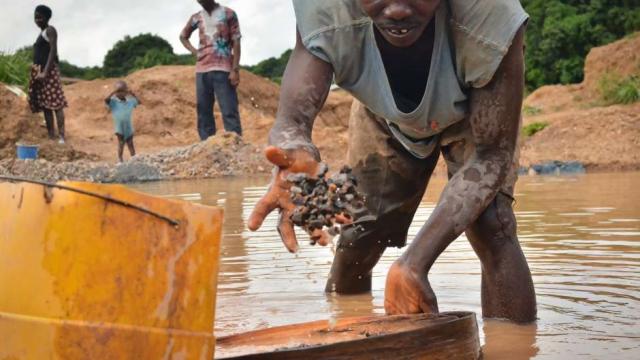
New revelations published Monday by the International Consortium of Investigative Journalists (ICIJ), in collaboration with more than a dozen news organizations in Africa, expose fresh details about the misuse of corporate secrecy and hidden wealth in Africa, the world’s poorest continent.
Released nearly four months after ICIJ and more than 100 media partners first published what is now known as the Panama Papers, 11. 5 million files from the Panama-based law firm, Mossack Fonseca, today’s investigations include new details about the middleman at the center of a probe into hundreds of millions of dollars in suspected bribes paid for oil and gas contracts awarded in Algeria.
The files also reveal the offshore assets, including a luxury yacht and jet, of a Nigerian aviation and oil magnate who is reportedly close to a former oil minister and has recently had some of his assets seized as part of a $1.8 billion probe into oil sales.
The revelations published by ICIJ and media partners include investigations from countries that are being examined for the first time, including Tanzania, Burkina Faso, Ghana, Mozambique and Togo.
Companies in 52 of Africa’s 54 countries used offshore companies created by Mossack Fonseca, a law firm that specializes in creating companies often sold and used for anonymity or lower taxes. In 44 countries, offshore companies were used to assist oil, gas and mining deals and exports, concerning advocates and governments in a continent where many nations rely on revenue from natural resources.
In total, the Panama Papers include more than 1,400 companies whose names alone indicate activity in the extractive industries. Although many of these companies do legitimate business, ICIJ identified 37 companies within the Panama Papers that have been named in court actions or government investigations involving natural resources in Africa.
In the oil-rich North African country of Algeria, for example, investigations continue into nearly $275 million in alleged bribes paid through a cluster of offshore companies to secure energy contracts. Twelve of the 17 offshore companies listed by Italian prosecutors as belonging to the alleged middleman, Farid Bedjaoui, were set up by Mossack Fonseca. Italian investigators described one of those companies, Minkle Consultants S.A., as a “crossroads of illicit financial flows” that channeled millions of dollars from subcontractors to an array of recipients whose identities are still being untangled.
In a written response to ICIJ, Mossack Fonseca said it follows “both the letter and spirit of the law. Because we do, we have not once in nearly 40 years of operation been charged with criminal wrongdoing. We’re proud of the work we do, notwithstanding recent and willful attempts by some to mischaracterize it.”
The release of today’s investigations is a major collaboration of media organizations in Africa that range from traditional newspapers in Namibia, to popular radio stations in Ghana and to innovative start-up websites in Morocco. The reporting partners include journalists who have previously published stories as part of Panama Papers as well as journalists from Ghana, Tanzania, Niger, Mozambique, Mauritius Burkina Faso and Togo who are publishing stories for the first time. Many of the journalists worked in collaboration, exchanging contact information and court documents and with the editorial assistance of the African Network of Centers for Investigative Reporting, an ICIJ partner.
3 WAYS TO SHOW YOUR SUPPORT
- Log in to post comments














